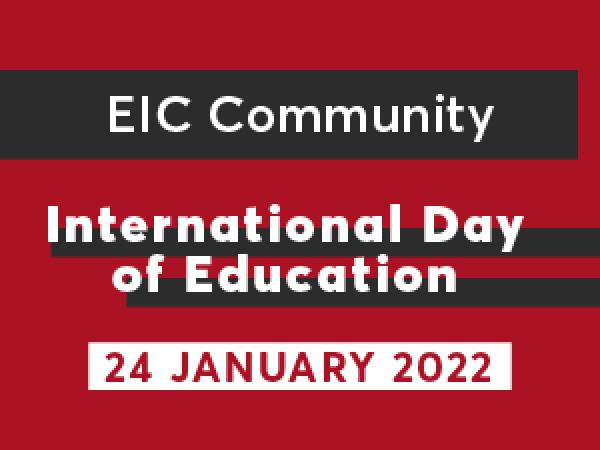This year’s theme for the International Day of Education, celebrated on 24 January, is “Changing Course, Transforming Education”. One of the key points that UNESCO wants to bring forward is to successfully integrate technology in learning environments. The progresses of digital transformation should be put to good use in the promotion of a more sustainable and inclusive future in education. The European Innovation Council supports the development of innovations in several industries, including projects that have a positive impact in the educational sector. To showcase the EIC portfolio in this area, nothing best than to focus on EIC Pathfinder, that counts with Europe’s top researchers and academics. Below, you can find out more about 3 EIC Pathfinder projects, whose technological innovations aim to contribute to a more diverse, collaborative and dynamic learning future.
CAROUSEL+: education on a virtually dynamic setting
The educational environment is evolving to exist in an ever more virtual setting, and this new reality should be leveraged to create easier access and equality of opportunities. CAROUSEL+ value proposition resides in its capacity to empower meaningful visceral group social interaction. Their intention is to tangibly share imagination and physical movement in virtual and hybrid reality settings, through the use of artificial intelligence. The innovative technology used in the project can recreate the feel of a classroom, allowing people in small or larger groups to actively interact with each other.
CAROUSEL+ goal is to lay the technical foundation for “social enabled” digital characters. Beyond social, entertainment, health and educational applications, CAROUSEL+ learning and understanding of body language and group dynamics could be deployed in many other areas, including security, peace-making, emergency handling and autonomous driving.
To learn more, access the official CAROUSEL+ website: www.carouseldancing.org/
WeNet - The Internet of US: promoting academic cooperation worldwide
Inclusivity and a healthy balance in our relationships with each other are key elements on educational progress. The WeNet project aims to promote a diversity-aware, machine-mediated paradigm of social relations, with the goal of connecting people who can help each other by making good use of their diversity. The concept includes a family of computational diversity-aware models supporting human interaction, that can construct diversity profiles based on people's past behaviour and communications.
The WeNet technological infrastructure is being used to develop a series of studies within universities worldwide (in Italy, Denmark, the UK, Paraguay and China), with the final goal of improving students' quality of life inside and outside the academic environment. Beyond universities, WeNet's innovative paradigm can impact human interactions in general, especially those that may benefit from a collaborative approach.
To learn more, access the official WeNet website: www.internetofus.eu/
ALMA: a collaborative learning method base on AI
Integration of technology, and specifically artificial intelligence, in our learning processes can have a great impact in the way we access knowledge. The ALMA project intends to leverage the unique properties of Algebraic Machine Learning (AML) for the creation of a new generation of interactive, human-centric machine learning systems. With the use of AML, that produces generalising models from semantic embeddings of data into discrete algebraic structures, ALMA hopes to facilitate a new distributed, incremental collaborative learning method by going beyond the dominant off-line and centralised data processing approach.
The ALMA’s system is expected to reduce bias and prevent discrimination, remember already acquired information when it’s taught something new, facilitate trust and reliability and integrate complex ethical constraints into human–artificial intelligence systems.
To learn more, access the official ALMA website: alma-ai.eu/
Background information
The abovementioned projects have received grants from FET Proactive, which is now part of the European Innovation Council (EIC) (specifically the Pathfinder).

DISCLAIMER: This information is provided in the interest of knowledge sharing and should not be interpreted as the official view of the European Commission, or any other organisation.

